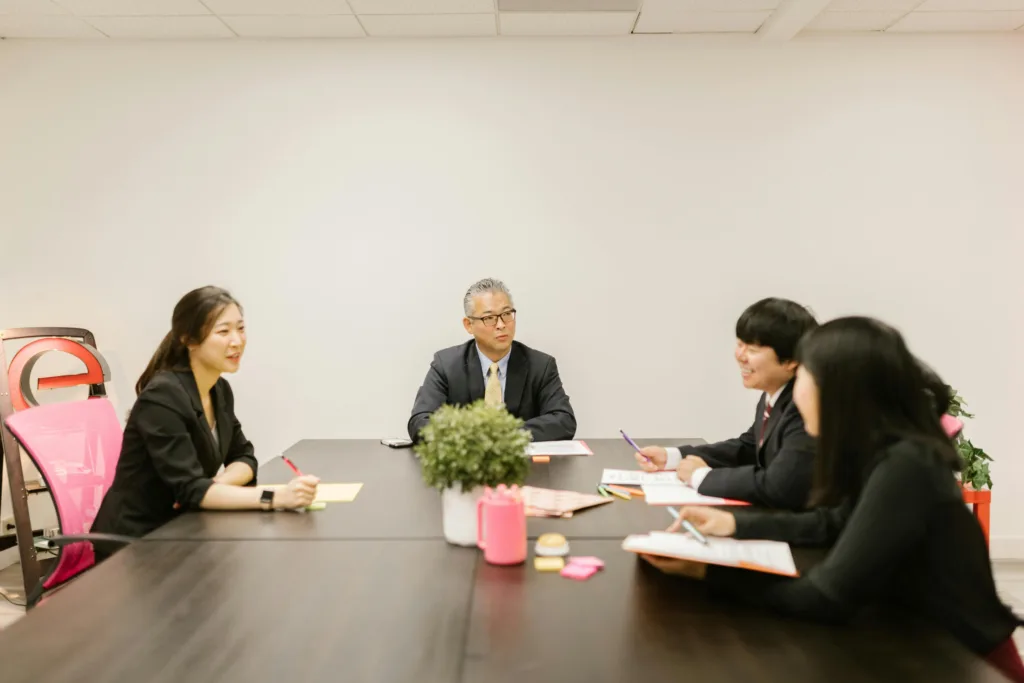In Japan, when selling to businesses, it often feels like you only get one chance to make a lasting impression. It may seem like this applies to all customers, but it’s especially true in the B2B space. Japanese business clients may not always articulate their expectations upfront, but once they do, those expectations are detailed and non-negotiable. This leaves little room for the trial-and-error process that many businesses rely on.
We’ve personally experienced this with some of our clients and products, and it’s a common reality in Japan. Sometimes, if a product or proposal isn’t accepted, you might not receive any feedback at all, making it challenging to understand what went wrong. In these cases, the key is to conduct a thorough post-mortem internally, learn quickly, and refine your approach for the next opportunity.
Why Second Chances Are Rare
One of the key reasons Japanese businesses often don’t offer a second chance is tied to the country’s consensus-driven decision-making process. Many companies require approvals across multiple departments and management layers before making a commitment. Once a decision is made, it is not easy to reverse. Going back to revisit a rejected vendor can be uncomfortable, sometimes seen as a loss of face internally, or as poor process management.
This makes the first impression critically important. Even if a potential customer seems non-committal, they are often forming a clear judgment behind the scenes. Once that decision is made, it tends to stick.
When Silence Means “No”
Another important aspect of Japanese business culture is that silence is often a decision. A company may not formally reject your offer. They may simply stop responding. In Japan, this is often not a delay tactic. It’s a polite way of moving on without directly saying “no.”
This can be confusing to companies from other countries that are used to clear acceptances or rejections. In Japan, if a deal quietly fades away, it usually means the decision is final.
How to Get it Right the First Time
So how do successful companies adapt?
- Do deep pre-meeting research. Learn not just about the company, but about the key people who will influence the decision.
- Over-deliver on presentation quality. Small visual or informational misses can be remembered long after the meeting.
- Be clear about how you will support them long-term. Japanese companies want to know you’re in it for the long haul, not just the sale.
- Be patient and detailed in communication. Quick follow-ups are appreciated, but pushy follow-ups are not.
At Japan Startup Advisory, we help our clients navigate these high standards and ensure they make the most of that one shot.

